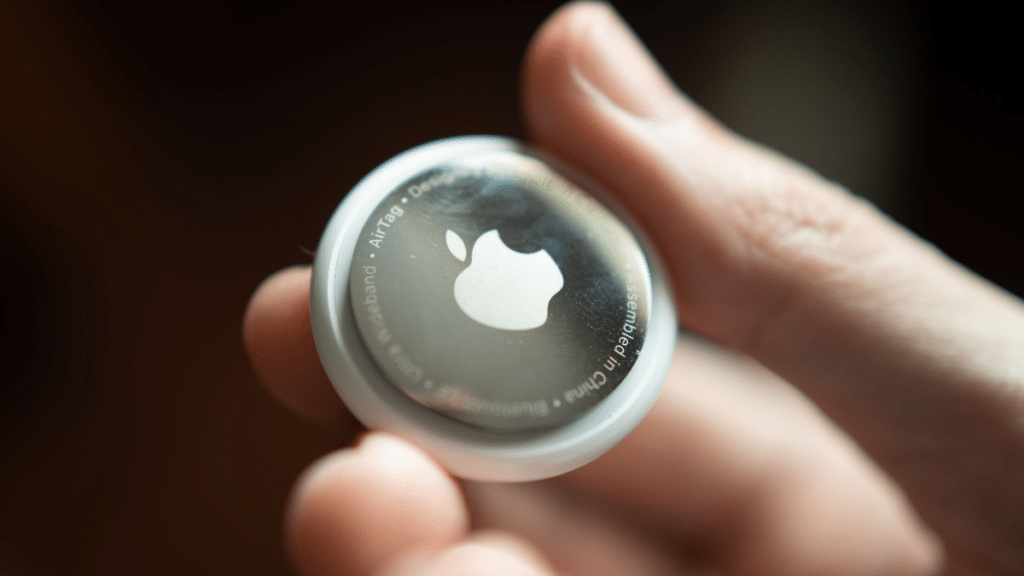Stopping Bluetooth Location Trackers From Becoming People Trackers
Andrew Crawford, Erica Olsen / Mar 2, 2023Andrew Crawford is a Senior Counsel with CDT’s Data and Privacy Project. Erica Olsen is the Safety Net Project Senior Director at the National Network to End Domestic Violence

Thanks to GPS, getting lost on the road has nearly become a thing of the past. And, thanks to bluetooth technology, losing your keys, luggage, or even your pet is also something many of us no longer have to worry about. Devices like AirTags and Tile Tags — which retail for only around $30 — work by enrolling a massive number of phones and other devices into a network that monitors and reports back the locations of these tags and whatever objects may be attached to them.
Most of the time, these devices are harmless. However, location trackers have a dark underside — they’re also being misused to track people, sometimes surreptitiously, unethically, and illegally. In December, two women filed a class action lawsuit against Apple after discovering that their exes were stalking them using AirTags. In one case, an ex-boyfriend put a device in her car’s tire wheel after their breakup to find out where she moved, and taunted her with pictures of a food truck in her new neighborhood. In the other, an estranged husband placed an AirTag in their daughter’s school backpack to track her whereabouts.
After the Supreme Court overturned Roe v. Wade last summer, there’s also a fear that bluetooth trackers will be used to find people providing and seeking abortions. The data gathered could be used to prosecute them and send them to jail.
Fortunately, four steps can be taken to protect our civil rights and liberties from these invasive abuses.
First, we need a unified approach to detecting bluetooth tracking devices. Manufacturers should work in partnership with mobile phone OS developers to ensure that their tracking devices are discoverable. It should not matter what type of tracker and what type of phone; they must work seamlessly to alert users when an unknown tracker may be following them. And the promotional literature that accompanies these devices should inform customers that using these devices to surveil a person without their consent or knowledge may be a crime.
Second, companies should provide meaningful, actionable, and shareable information to people who are being tracked. Notice is only the first step, and a solution cannot stop there. When an unknown tracker in their proximity is detected, users must then be provided with information that helps them locate the device. They need information about how to disable the tracker, as well as the ability to identify the tracker’s owner. And users must be able to contact law enforcement, should they wish, and share information about the unknown tracker.
Third, users should be given a choice about the kind of alerts they receive. Sometimes, tracker alerts may be benign, but in other instances, they may be a warning that a person is facing real and imminent danger. Bluetooth tracking device manufacturers and phone OS developers should design notification systems that allow users to detect and address unknown trackers in a manner that they want. There should not be a simple one-size-fits-all approach, because each instance will be different.
Finally, the user experience should be trauma-informed. Receiving an alert, out of the blue, that a tracking device has been following you can be scary. Device manufacturers and OS developers should work with victims and advocates to ensure that notifications and choices are provided to people in an appropriate and respectful fashion.
One thing is certain: the tracker industry isn’t going away. New devices with more sophisticated technology are constantly coming online. Industry, civil society, and policy makers need to build guardrails to protect against abuse of location trackers because they threaten the privacy of potentially anyone, anywhere, at any time. There is an urgent need for transparency and an independent review of how location tracker technologies work — and all stakeholders need to work together to monitor and mitigate abuse as the technology develops and is deployed.
We all deserve protection from unwanted surveillance. With the right solutions in place, we can be reasonably assured that bluetooth tracking devices will only be used to track objects we care about– keys, luggage, or the family pet – instead of unsuspecting people.
Authors

